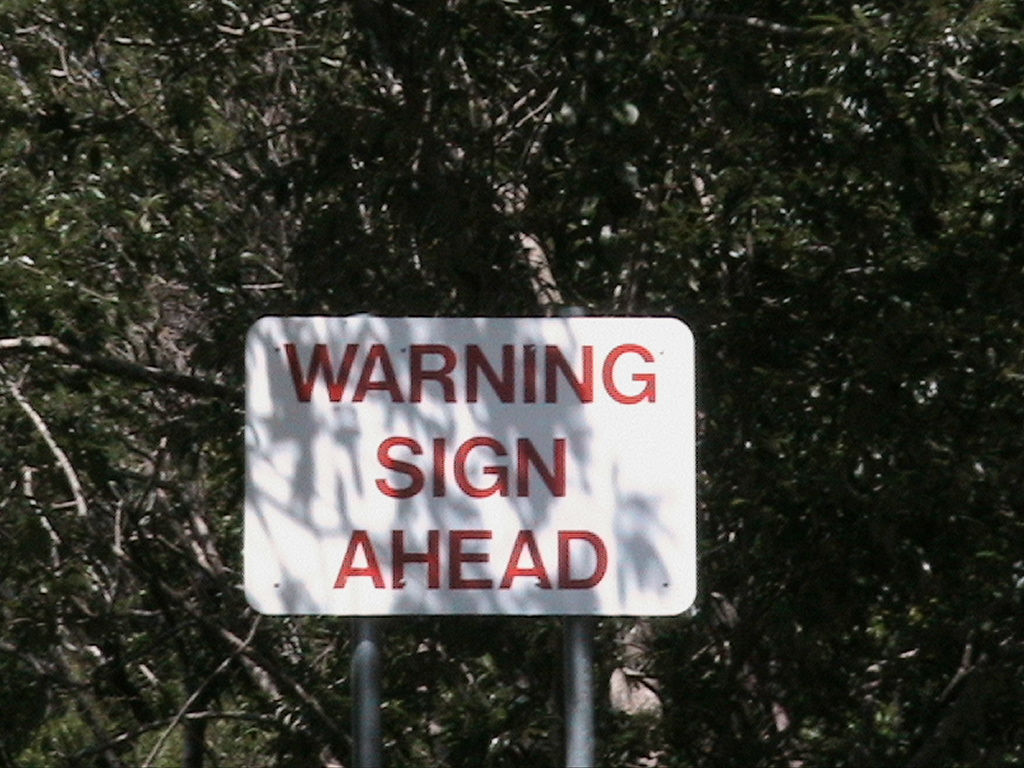Are Aussie Tradies Really Bad at Their Jobs? A Cautionary Tale
Have you ever opened your door, only for it to slam shut with dramatic flair? That’s what happened to me recently when I hired a professional to install a door closer, and the experience left me wondering: Why do these installation mishaps happen so often?
Imagine this: After an hour of work, the results were less than satisfactory. The installation left much to be desired, with issues like:
- A missing screw and a stripped one for good measure.
- A screw in the wrong location, seemingly unaware of its own error.
- A generally loose installation with inadequately tightened screws.
- A door that insists on slamming shut, ignoring my desperate attempts to adjust its backstop.
- As if on cue, the workspace was left in disarray.
In my case, I suspect the installer may have even installed the door closer upside down, turning the whole experience into a real-life “train-wreck.”
While this could just be an isolated incident, it seems like every other job ends up with similar shortcomings. It makes me curious: Has anyone else faced similar experiences? Is there something about the way tradies operate that leads to such results, or are my expectations simply too high? Share your thoughts in the comments below!




It’s understandable that you’re frustrated with the quality of work you’ve experienced, and your situation is unfortunately not uncommon. While it might seem like a widespread issue with “Aussie tradies” or tradespeople in general, there are multiple factors to consider that might shed light on your experience and that of others. Here’s a detailed analysis that could help, along with some practical advice:
Skill Variation and Training
Skill Levels: Like in any profession, the skill levels among tradespeople can vary significantly. Some tradies may have years of extensive experience and training, while others might be relatively new or lacking in formal training.
Training Pathways: Ensure that the tradespeople you hire have relevant certifications or have undergone apprenticeships. In Australia, licensed trades like electricians or plumbers have to meet strict requirements, but other trades might not be as tightly regulated, leading to potential disparities in skills.
Business Practices
Time Pressures: Some tradespeople work under significant time pressures to complete multiple jobs daily. This can sometimes lead to rushed work and diminished attention to detail. It’s worth discussing estimated job durations and quality expectations upfront to prevent hurried work.
Quality of Materials: Sometimes, issues arise from materials rather than workmanship. It’s beneficial to discuss the types of materials or parts that will be used in your job to ensure quality.
Customer Relationship
Communication and Clarity: Clear communication is key. Ensure that your expectations are conveyed effectively before the job begins. Asking specific questions about how they plan to tackle the job, what tools they’ll use, and how long they expect the job to last, can help set the right expectations.
Post-Job Follow-up: Don’t hesitate to provide feedback post-job. If a job isn’t done to satisfaction, a competent tradie should be willing to rectify their mistakes. Outline the issues clearly and give them a chance to address these concerns.
Finding Reliable Tradies
Recommendations and Reviews: Harness technology and networks. Use platforms like local Facebook groups, Google reviews, and dedicated apps to research tradespeople and read reviews from recent customers.
Word of Mouth: Recommendations from friends and family can be invaluable. They might have personal experience with skilled and reliable tradespeople.
Quotations: Obtain multiple quotes and details of the proposed work from several tradespeople before deciding. This can also give you insight into the thoroughness and professionalism of their approach.
Accountability